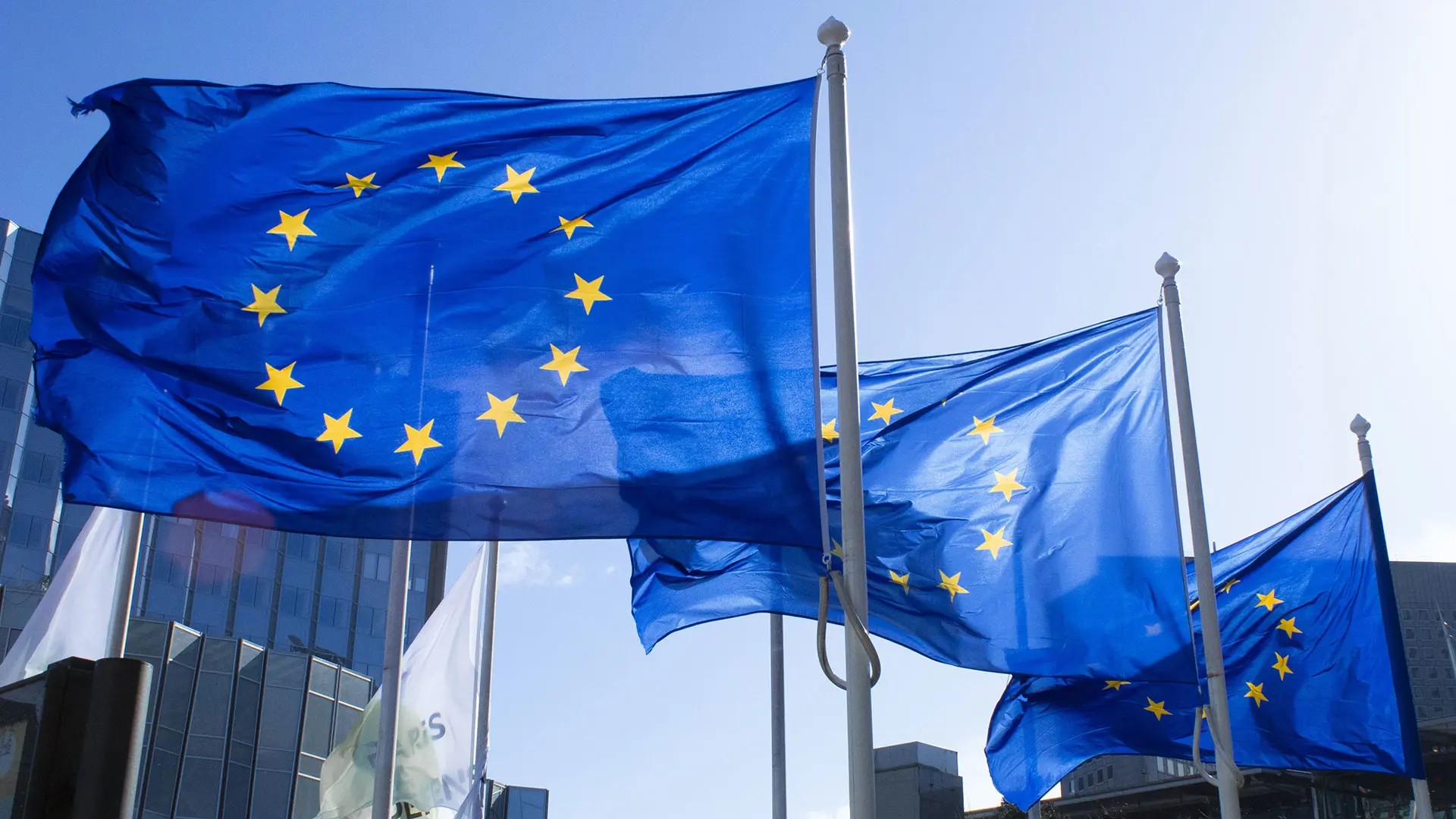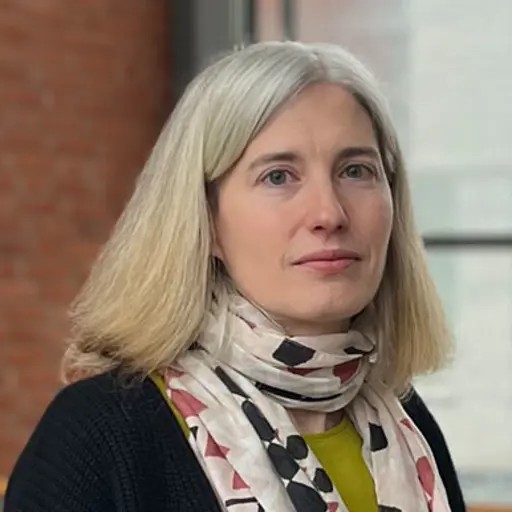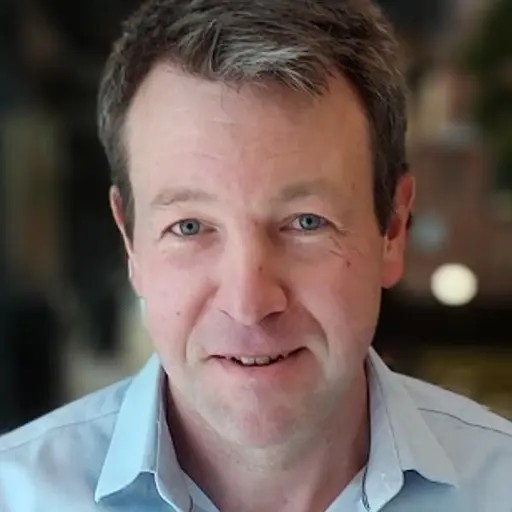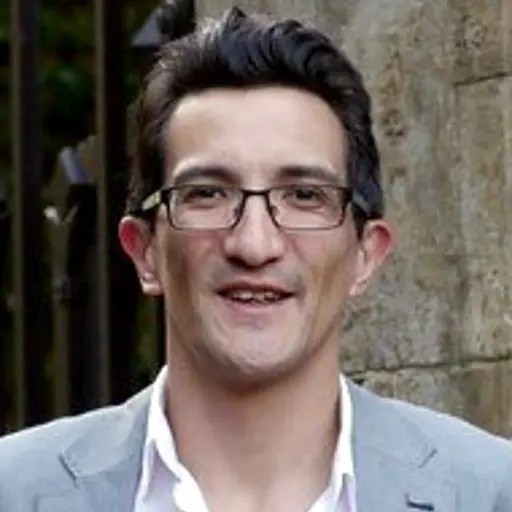
The European Research Council (ERC), supports excellence in research in EU member countries. The Council primarily does this by three major systems for research: ERC Starting Grants for outstanding scientists who are at the beginning of his career, ERC Consolidator Grant to support researchers at the stage at which they are consolidating their own independent research team or programme and ERC Advanced Grants that can be awarded to researchers who has established their own research groups.
Researchers who have received one of the three major ERC grants can towards the end of the project also apply for an additional grant to commercialise or utilise their results in another way: ERC Proof of Concept. It will be a proof of the societal benefits of research.
The following researchers at Chalmers have ongoing projects financed by ERC.
Timur Shegai, ERC Advanced Grant
at the Department of Physics has received 2,48 million euros for the project “CASAlibra: Casimir self-assembly out of equilibrium”. The project will investigate how the Casimir effect influences self-assembly in optical microcavities.
Read more: Two Chalmers researchers awarded ERC Advanced Grants
Julia Wiktor, ERC Starting Grant
at the Department of Physics has received 1,5 million euro for the project “Harnessing Localized Charges for Advancing Polar Materials Engineering (POLARISE)”. The project focuses on how charge localisation, specifically the behaviour of polarons and self-trapped excitons, can be utilised in functional materials. In many applications, the so-called excess charges are fundamental to a device's operation. The goal is to develop a new approach in materials engineering, which can be called polaron engineering. That could enhance applications such as solar cells, LED devices, and water-splitting cells.
Read more: ERC Starting Grant to Physics researcher
Jan Stake, ERC Advanced Grant
at the Department of Microtechnology and Nanoscience, has received EUR 2.5 million for the FIRE (Far-infrared semiconductor electronics) project. The aim of the project is to build a super sensitive 4.7 THz radio receiver, which could be used to measure the presence of atomic oxygen in the upper atmosphere. Such a receiver could enable scientific space instruments, which could give us a better understanding of important atmospheric processes that affect our climate.
Read more: Semiconductor research receives prestigious ERC grant
Link to the project will be added.
- Full Professor, Terahertz and Millimetre Wave Laboratory, Microtechnology and Nanoscience
Gaetano Sardina, ERC Consolidator Grant
at the Department of Mechanics and Maritime Sciences, has received € 2 million for a five-year research project entitled MixClouds: Unraveling the impact of turbulence in Mixed-phase Clouds where he will use numerical simulations to quantify different possible mechanisms of ice formation, called secondary ice production, an ensemble of several processes that generate new ice directly from pre-existing ice particles, including ice fragmentation after droplet freezing or after ice crystal collisions or breakup.
Runs 2024–2029.
Read more: Prestigious ERC grant to research project about complex clouds
Follow the project via the EU: MixClouds
Alexander Giovannitti, ERC Starting grant
at the Department of Chemistry and Chemical Engineering, receives 1,5 million euro for the five-year research project: Design and synthesis of bulkactive polymeric organic electrocatalysts for efficient electroorganic synthesis (PolyElectroCAT). Driving chemical reactions with electricity instead of heating or applying pressure is a promising route to lower energy consumption and limit the emission of greenhouse gases. The project will develop efficient electrode materials for electrochemical synthesis without relying on rare-earth elements.
Runs 2024–2028.
Read more: Chalmers researchers receive prestigious ERC-grants
Follow the project via the EU: Design and synthesis of bulka-ctive polymeric organic electrocatalysts for efficient electroorganic synthesis
Margaret Holme, ERC Starting grant
at the Department of Life Scienes, receives € 2,5 million for a five-year long research project: Atlas of Organisation of Lipids in Extracellular Vesicles to Navigate Their Roles in Cancer Metastasis (Canexcell).The project will help to shed light on how differences in the lipid composition of extracellular vesicles can lead to differences in how effectively different types of cancer cells can metastasise. The results will contribute to the development of new cancer therapeutics and diagnostic tools.
Runs 2024–2028.
Read more: Chalmers researchers receive prestigious ERC-grants
Follow the project via the EU: Atlas of Organisation of Lipids in Extracellular Vesicles to Navigate Their Roles in Cancer Metastasis
Nils Johan Engelsen, ERC Starting grant
at the Department of Microtechnology and Nanoscience, has received € 2,5 million for a five-year research project: Sensing and Quantum Engineering with Magnetically Functionalized Ultracoherent Mechanical Resonators (SEQUENCE). The researchers will probe the limits of quantum mechanics and the interplay between quantum physics and gravity. The system developed in the project will also be an excellent force sensor that can be used for nanoscale magnetic resonance imaging (MRI).
Runs 2024–2028.
Read more: Chalmers researchers receive prestigious ERC-grants
Follow the project via the EU: Sensing and Quantum Engineering with Magnetically Functionalized Ultracoherent Mechanical Resonators
Annika Lang, ERC Consolidator Grant
at the Department of Mathematical Sciences, has received € 2 million for a five-year research project. The project is entitled Time-Evolving Stochastic Manifolds (Stochman). Annika Lang is developing mathematical foundations and efficient algorithms to allow for reliable simulations of models with uncertainty. With the ERC grant and her team she will develop mathematics of stochastic geometries in order to solve partial differential equations on them.
Runs 2023–2028.
Read more: They get prestigious ERC-grants
Follow the project via the EU: Time-Evolving Stochastic Manifolds
Janine Splettstoesser, ERC Consolidator Grant
at the Department of Microtechnology and Nanoscience, has received € 2 million for a five-year research project. The project is entitled Nano Recycle and deals with on-chip waste recovery in quantum and nanoscale devices guided by novel performance quantifiers.
Runs 2024–2028.
Read more: Quantum energy project awarded ERC grant
Follow the project via the EU: NanoRecycle
Witlef Wieczorek, ERC Consolidator Grant
at the Department of Microtechnology and Nanoscience, has received € 2 million for a five-year research project. The project is entitled Entanglement of an array of massive, magnetically levitated superconducting microparticles on a chip (SuperQLev). An array of superconducting microparticles magnetically levitated on a chip lies at the heart of the project.
Runs 2024–2028.
Read more: They get prestigious ERC-grants
Follow the project via the EU: Entanglement of an array of massive, magnetically levitated superconducting microparticles on a chip
Christoph Langhammer, ERC Consolidator grant
och ERC Starting Grant
at the Department of Applied Physics, has received € 2.3 million for a five-year research project, ERC Consolidator Grant. The project is entitled Nanofluidic Catalytic Reaction Imaging and focuses on developing a new imaging technique to discover how individual nanoparticles contribute to catalytic reactions.
Runs 2023–2027.
Read more: They made it through ERC's needle’s eye
Follow the project via the EU: Nanofluidic Catalytic Reaction Imaging
He has previously received € 1.5 million for a five-year research project entitled Single Nanoparticle Catalysis, SINCAT. The project focuses on the characterisation of catalytic processes on individual nanoparticles. Ran 2016–2020.
Follow the project via EU: Single Nanoparticle Catalysis
Simone Gasparinetti, ERC Starting Grant
at the Department of Microtechnology and Nanoscience, has received € 2.1 million for a five-year research project. The project is entitled Experimental Search for Quantum Advantages in Thermodynamics (ESQuAT).
Runs 2023–2027.
Follow the project via the EU: Experimental Search for Quantum Advantages in Thermodynamics
Christian Müller, ERC Consolidator Grant
+ ERC Starting Grant
at the Department of Chemistry and Chemical Engineering, has received € 2 millions for a five-year research project, ERC Consolidator Grant. The project is entitled Electrical Modulation of Elastic Moduli, and is about textiles that can change how they feel on request. Runs 2022–2027.
Follow the project via the EU: Electrical Modulation of Elastic Moduli
He has earlier received € 1.5 million as a ERC Starting Grant for a five-year research project entitled Woven and 3D-printed Thermoelectric Textiles (ThermoTex).
Runs 2015–2019.
Follow the project via the EU: Woven and 3D-printed Thermoelectric Textiles (ThermoTex)
Raphaël van Laer, ERC Starting Grant
at the Department of Applied Physics, has received € 2 million for a five-year research project, a ERC Consolidator Grant. The project is entitled Scalable Quantum Optical Interconnects (Quscale) and focuses on building photon converters that can enable scalable quantum computers.
Runs 2021–2026.
Follow the project via the EU: Scalable Quantum Optical Interconnects
Jessica Jewell, ERC Starting Grant
at Department of Space, Earth and Environment has been awarded a € 1.5 million grant for a project entitled Mechanisms and actors of feasible energy transitions (MANIFEST). The project will advance our understanding of whether and under what conditions it is feasible to avoid dangerous climate change.
Runs 2021–2026.
Follow the project via the EU: MechANisms and actors of Feasible Energy Transitions
Andreas Dahlin, ERC Consolidator Grant
at the at the Department of Chemistry and Chemical Engineering has been awarded a Consolidator Grant on € 2 million for a research project titled ”SIMONANO2” (Single Molecule Analysis in Nanoscale Reaction Chambers 2). The goal is is to develop a new technology to study how biological molecules interact with each other.
Runs 2021–2026.
Read more: They made it through ERC's needle’s eye
Follow the project via the EU: Single Molecule Analysis in Nanoscale Reaction Chambers
Marianne Liebi, ERC Starting Grant
at the Department of Physics has received a ERC starting grant of € 1,5 million for her research programme Multi-Modal Tensor Tomography (Mumott). The basic idea is to study the material’s interactions with electromagnetic waves. The researchers will use both visible light and X-rays in their work.
Runs 2021–2026.
Follow the project via the EU: Multi-Modal Tensor Tomography
Åsa Haglund, ERC Consolidator Grant
at the Department of Microtechnology and Nanoscience, has been awarded a Consolidator Grant on € 2 million for a research project titled Out of the blue: membrane-based microcavity lasers from the blue to the ultraviolet wavelength regime (UV-LASE). The project goal is to demonstrate an electrically driven ultraviolet-emitting vertical-cavity surface-emitting laser.
Runs 2020–2025.
Follow the project via the EU: Out of the blue: membrane-based microcavity lasers from the blue to the ultraviolet wavelength regime
Fredrik Westerlund, ERC Consolidator Grant
at the Department of Biology and Biological Engineering has received a Consolidator Grant for his project Next Generation Nanofluidics for Single Molecule Analysis of DNA Repair Dynamics (nanoDNArepair). He will study how damaged DNA is repaired, and why are there sometimes errors in the process.
Runs 2020–2025.
Follow the project via the EU: Next Generation Nanofluidic Devices for Single Molecule Analysis of DNA Repair Dynamics
Jonathan Tan, ERC Advanced Grant
at the Department of Space, Earth and Environment, has received € 2.5 million for a research project named MSTAR – Massive star formation through the universe. The project will focus on massive star formation, in current times, as well as in the very early days of the Universe.
Runs 2018–2025.
Follow the project via the EU: Massive Star Formation through the Universe




















